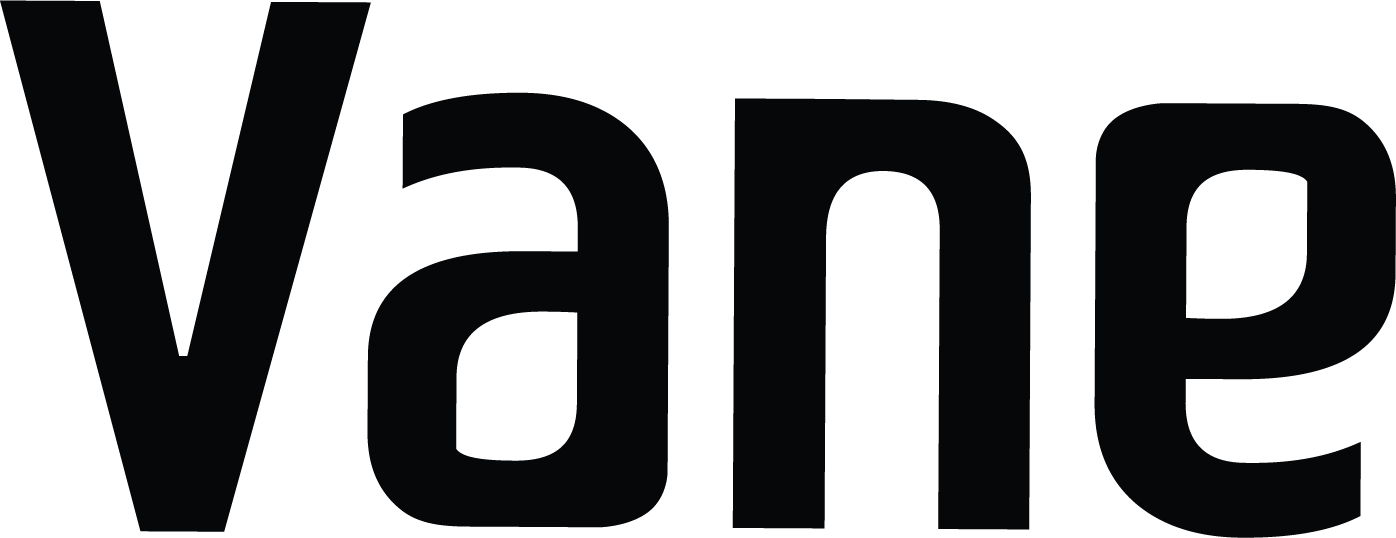Market Forces
Ellie Harrison
1 November – 17 December 2011
Ellie Harrison, ‘Market Forces’, 2011, installation view. Photo: Colin Davison
Ellie Harrison is an artist who looks at the numbers. As artist in residence at Wunderbar, her solo exhibition at Vane and collaborative projects during the festival treads the line between the sublime and the ridiculous, between creation and activism. It’s all intended to get visitors to understand how our world is shaped by everyday engagements with the micro-detail of a macro-financial system that is steering humanity over a cliff of crisis – with a healthy dose of self-irony.
What’s the best way to illustrate the succession of stock-market crashes that have given the lie to aggressive free-market finance? With a lot of popcorn machines going off at once. What’s the best way to comment on the alienation of post-Fordist labour? By pushing a lot of office chairs through central Newcastle (Desk Chair Disco, Friday 4 November 2011). How best to help your audience understand the impact of privatisation upon British public services?
Ellie Harrison, Transactions, 2009, mobile phone, dancing Coke can, dimensions variable. Photo: Colin Davison
Ellie Harrison, A Brief History of Privatisation, 2011, massage chairs, computer-controlled double video projection, dimensions variable. Photo: Colin Davison
With some neon lights and lots of vibrating massage chairs and the implicit invitation to sit down, communicate and laugh about the absurdity of it all. What’s the best way to animate the relentlessness of contemporary consumerism? With an old phone that rings every time you buy something, and a Coke can that can dance. Of course.
What makes Harrison so intriguing as an artist is the melange of serious thought and silliness that goes into her installations. For all its playfulness, there is something in Harrison’s body of work that smacks of obsession. From her work Eat 22 (2001) documenting everything she ate over the course of a year (eat22.com) to this year’s ‘Market Forces’ exhibition, her art is replete with an urgency to get the numbers, to compile facts and figures, to look for patterns and re-create them. There is an anxiety here about art and production, about the weight and process of being a human, and given the focus of Harrison’s work – climate change and the crisis of capitalism, work and alienation, money and consumption – that anxiety is poignantly appropriate. Harrison’s efforts to source all of the materials for her installations sustainably sets her apart from artists who believe that creative production can be separate from capitalist consumption. One wonders, given the not inconceivable possibility of another stock-market crash before this exhibition closes, where she will sustainably source a twelfth popcorn machine at short notice, but by then we’ll probably be too busy clearing up the mess to mind.
Ellie Harrison, The History of Financial Crises, 2009, popcorn machines, timers, trestle tables, floor sweeper, dimensions variable. Photo: Colin Davison
And in these nervous times, we need artists like Harrison more than ever – people who live their politics, who combine abstract creativity with focused work outside the studio, like Harrison’s campaign to Bring Back British Rail, a heartfelt call for an end to private interest in public transport (bringbackbritishrail.org). This is a new kind of installation art, constructed from the detritus of ordinary lives, inclusive and inviting, even where the invitation is to sit in an enormous vibrating massage chair and think about service provision. And if you think that’s silly, bear in mind that there are some people who still believe that deregulated free-market finance is a sensible way to run an economy.
Laurie Penny. Text commissioned by Wunderbar
Laurie Penny is an author and journalist who writes regularly for the New Statesman and The Independent. Her first book ‘Meat Market: Female flesh under capitalism’ was published by Zero Books in 2011.
A video of the opening event for ‘Market Forces’ at Vane on 31 October 2011 featuring a stand-up performance by Josie Long can be seen at vimeo.com
Ellie Harrison, The History of Financial Crises (detail), 2009, popcorn machines, timers, trestle tables, floor sweeper, dimensions variable. Photo: Colin Davison
Take a video tour of the exhibition
Share this page
